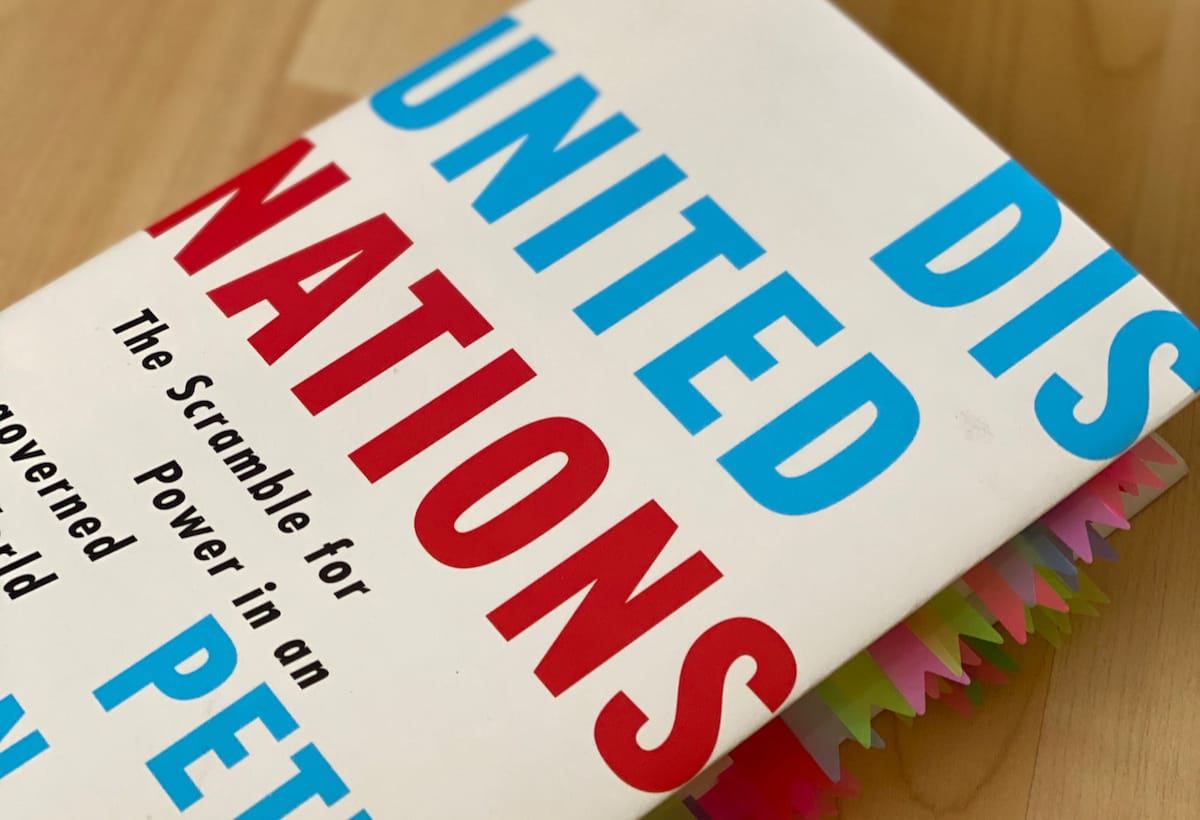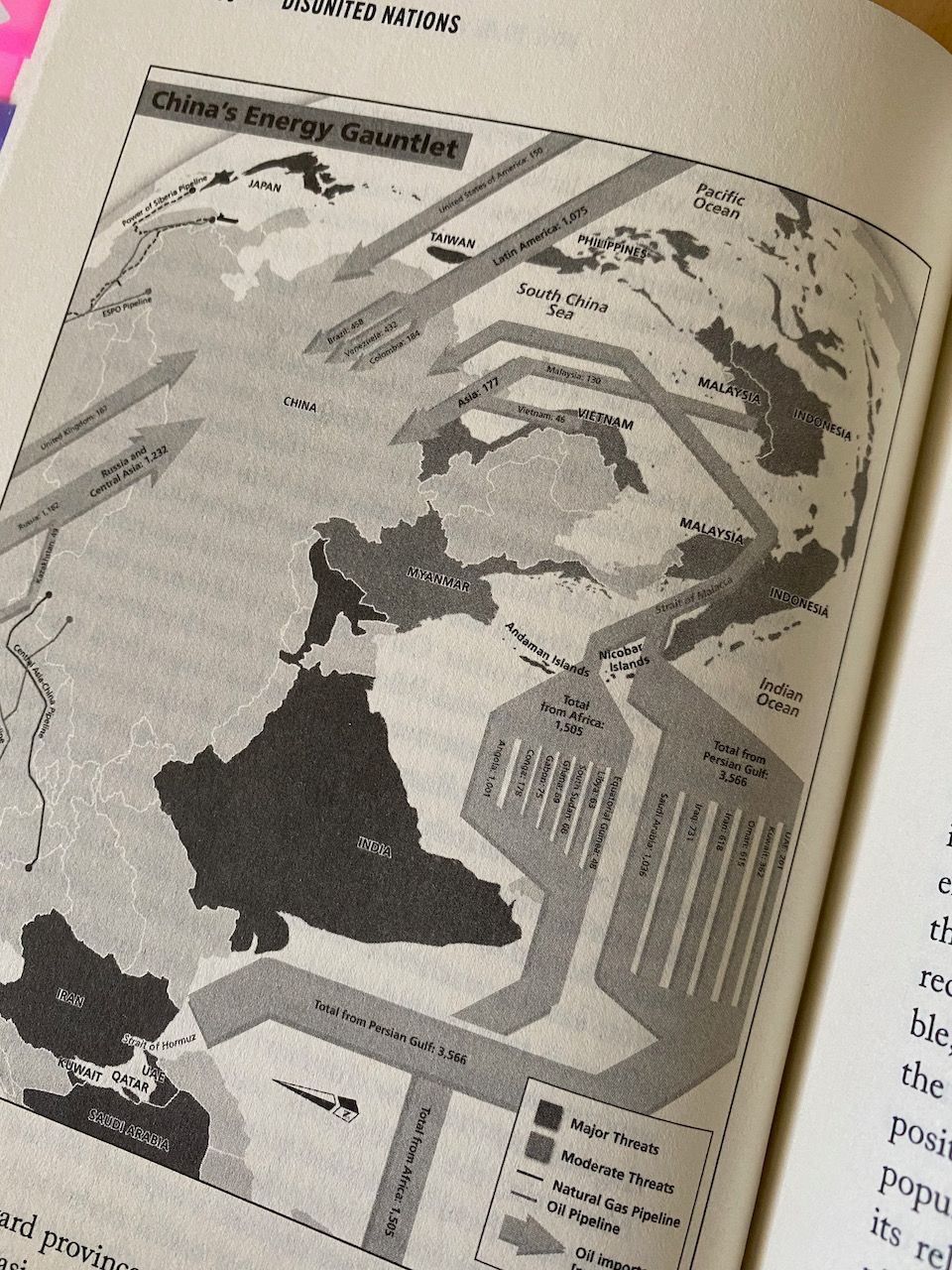Disunited Nations

During the last Thanksgiving break, I read "Disunited Nations, (Peter Zeihan / Harper Business)." On the verge of 2020, I think it is my (personal) book of the year. The central theme of the book is "geography shapes everything." I always had thought that geography is critical, but I realized it was far beyond my expectation.
"The first is that geography might not be destiny, but it is damn close."
The author says people do not take geography seriously because it is the norm and this makes people consistently misread economics and conflicts. He claims the "norm" is because of "The Order" - America established since World War II. Now, as the Order is ending and the US is returning to a normal state, and because the three morons (C, W, and O) did ... nothing, "the continuity and economics of scale" will be no more a norm.
"Without the global security the Americans guaranteed, global trade and global energy flows cannot continue. Seven decades' worth of global industrialization and modernization are not simply at risk, the very pillars of civilization are cracking."
Someone might say that China will replace the US, but the author explains why it cannot be one by one. (Actually, he claims no one - even the US - can do now.) Some (high debts, credit-based expansion, and the world-worst population structure) were what I already knew, but I didn't know that China is so dependent on imports for food and resources. The author raises a bold question of how China can guarantee maritime security when America does not ensure it for free. The Chinese navy lacks qualities and quantities (maybe... yet), but it also lacks operation range as it does not have enough naval anchorages. Moreover, China does not have a friendly relationship with countries on the route; many had wars with China in the not so far past.
"The core problem is that it was not the Chinese who created the environment that made all of contemporary China possible. That was the Americans."

After touching China vigorously, the author develops other countries: Japan, Russia, Germany, France, Iran, Saudi Arabia, Turkey, Brazil, Argentina, and the USA - why the US will have the most stable future. Assuming the Order's absence and the Order-introduced continuity and stability, each country's fate is mainly based on its geographical location and the ability to ensure food and resources. I won't disclose much not to spoil the pleasure of those who will find by themselves. However, I was surprised by the fact that the US is so unentangled with the global economy.
"While only about 13 percent of the US economy is dependent upon imports and 8 percent on exports, the total trade flow in and out of the United States still amounts to about $4.3 trillion in commercial involvement."
With the Shale revolution, the US no more need crude from the Gulf. Many imports are already coming from the NAFTA chain. It is a bit weird because the US suffered from the lack of PPE due to the trouble in the global supply chain. But in the macro standpoint, the reality resides on the opposite side.
"Today the United States remains the least integrated major economy in the world."
This book makes me retrospect a lot. Many things may not be the same with this gloomy prophecy as each player may fight back (or pro) to their destiny. But if they settle for the present, the tide will wipe out everything. And a sentence, in conclusion, is the one I can agree with wholeheartedly.
"If I had to select a single word that will define the ongoing historical turning, it would be overwhelming."



